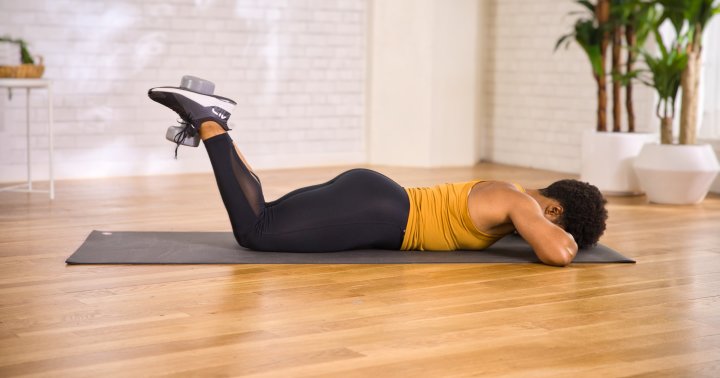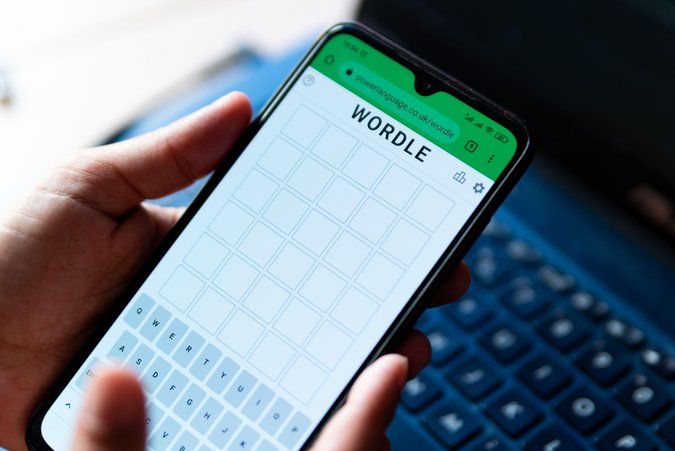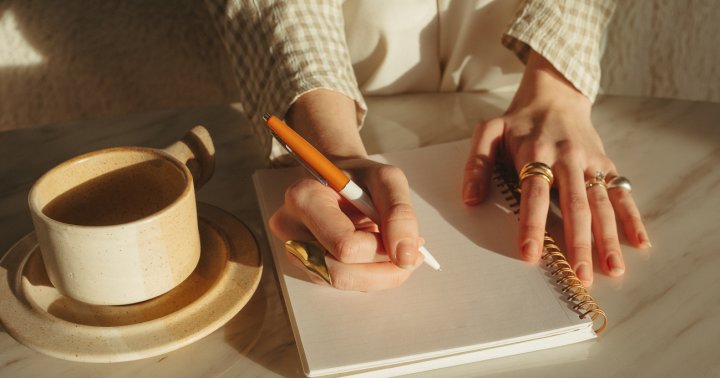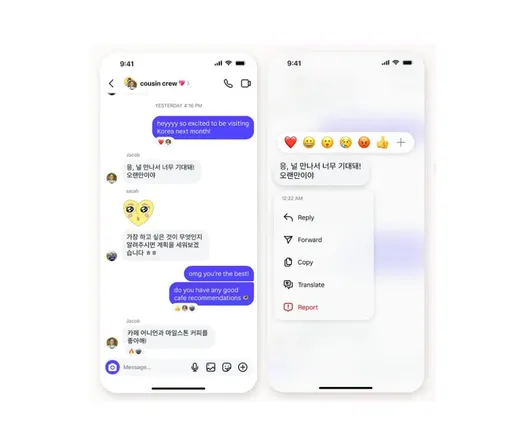I'm A Sex Therapist: Here's How To Actually Feel Good About Your Body
This is inner work, not outer work.


Psychotherapist
Psychotherapist
Rachel Wright, LMFT, is a psychotherapist recognized as one of the freshest voices on modern relationships, mental health, and sex. She has a master's degree in Clinical Psychology from The Chicago School of Professional Psychology and has worked with thousands of humans worldwide.
Image by Guille Faingold / Stocksy October 11, 2024 No matter where you come from, who you are, or how your body looks—having body confidence can be challenging. And you know what? It's because we never learned how to be body confident. Even that phrase body confidence can sometimes feel like a trigger phrase—something that sparks shame within if we aren't feeling confident in the moment or don't even understand how to feel body confidence. I'm here to tell you this: You do not need to feel shame if you struggle to love your body, and I will help you understand why. You are your body, and you deserve your love—love for your whole self.
How our society affects body confidence
I probably don't have to tell you that most of the bodies represented in the media (we're talking all genders and bodies here) are incredibly unrealistic and create an impossible standard. As a woman, I grew up seeing slim, tall, busty women as the "standard" in advertisements, movies, TV shows, porn—you name it.
So, when we are becoming more aware of these bodies we live inside of and everything in the media doesn't look like us, we start to question, "Is something wrong with me?" Instead of thinking, "That's not what all bodies normally look like."
Mass media is starting to get more body diverse now (finally!), but as much as we don't want to think these standards affect us...they do. Plus, American culture (and many other cultures, too) does a poor job of normalizing any type of embodiment teaching. Meaning, we live in a society that doesn't teach us how to be present in our bodies.
And guess what? Body confidence and body positivity come from being in tune with our bodies. It comes from doing the hard inner work of listening, unlearning, and accepting ourselves—from the inside out.
So how in the world do we begin doing that?
How to become attuned to your body
First things first, before we even begin to dive in, know that you're going to need a lot of grace. Grace for yourself, grace for your process, grace in knowing that growth isn't linear, and grace for your beautiful body.
In addition to showering yourself in grace (even if it doesn't feel easy or uncomfortable), let's talk about listening. Have you ever just sat and listened to your body to just want to know what it's saying?
You might be thinking, "What in the actual heck do you even mean?"
Great question—here are some examples of what listening to your body can look like:
These may all seem like relatively obvious answers, but that's why I used them. To show you that listening to your body isn't going to be a completely new experience for you. In fact, instead of calling it listening to your body, let's call it being in tune with your body.
Listening implies that maybe our body is making an obvious connection to our brain that it needs something. Attunement feels deeper, more soulful, and more mindful. Attunement isn't waiting to be notified that the body needs something—attuning is listening to what the body may be asking for in a not-so-direct way.
Example: If your tummy growls, you eat. That's an obvious circumstance where you listen to your bodies. A not-so-obvious circumstance could be this: You had a conversation with your parents this morning that triggered you, without you actually understanding that this is what happened. T
he rest of the day, you are dissociating, cancel your plans, and basically hide away from the world. Your body is telling you it needs to be acknowledged and has emotional needs that need to be catered to, but this isn't as direct of a need as your tummy growling.
Our bodies do this all the time—we just don't know how to listen.
Even if it feels weird at first (maybe especially if it does), start asking yourself these questions regularly:
This might seem like a lot, but I promise that these questions will become second nature to you over time. At first, it just takes a lot of intention. We are learning a new, foreign language—the language of our bodies.
How tuning in to our bodies gives way to body positivity
Now that we've talked about how to listen to our bodies and some of the reasons we might not inherently be prone to doing it, why should we?
I'm a firm believer that everything is connected. Meaning, if my mental health is feeling down, that means other areas of my life will likely be affected as well.
If I am physically feeling low, other areas of my life will take a minor hit. Our body is one functioning organism, and when we are doing our very best to meet all its needs, it will (happily) affect the rest of our lives.
Let's take it back to body positivity and how it's inner work, not outer work.
One of the biggest factors in body positivity is knowing that you (me, we) deserve pleasure. Knowing that we deserve to feel good in our bodies.
Knowing that our bodies are genuinely on our team, even when they feel like they aren't. Knowing that we have to care for our body for it to feel like our body is caring for us.
Society has taught us that sexiness is something to be achieved, that our bodies are "fixable," that we have to match society's definition of attraction to be attractive. Well, guess what? That entire sentence is literally impossible.
How can we "fix" something that isn't broken?
Also, sexiness isn't a specific "look." It's a feeling.
These narratives we grow up consuming alter how we view ourselves, and the truth is it's time we tear them down. They hold us back from feeling strong and empowered. They hold us back from feeling confident in every outfit we wear. They hold us back from feeling truly embodied and at home in our own skin.
There is no right or wrong or good or bad body. We just are.
I'm not trying to inflict toxic positivity on your growth—it is going to be hard to unravel these narratives. But also know that you are not alone. You are not wrong for feeling bad about your body, and we can simultaneously start to rewrite your narrative.
Getting to know your body better
Now that we've made it here, you may be wondering, "OK, but where do I go from here? What intentional steps can I take to get to know my body better?"
Like any relationship we are beginning to form, it takes a lot of intention and a lot of vulnerability—even if that vulnerability is with ourselves.
A couple of ways to start listening to your body are:
This might feel like a lot, and it's OK if it does. You are worth getting to know.
The bottom line
You deserve grace, and your body deserves grace from you. Remember that many of the thoughts we feel toward ourselves are taught, and they are not inherently our fault—but now it's our responsibility to unlearn them and love these fabulously functioning bodies of ours.

 MikeTyes
MikeTyes 






























